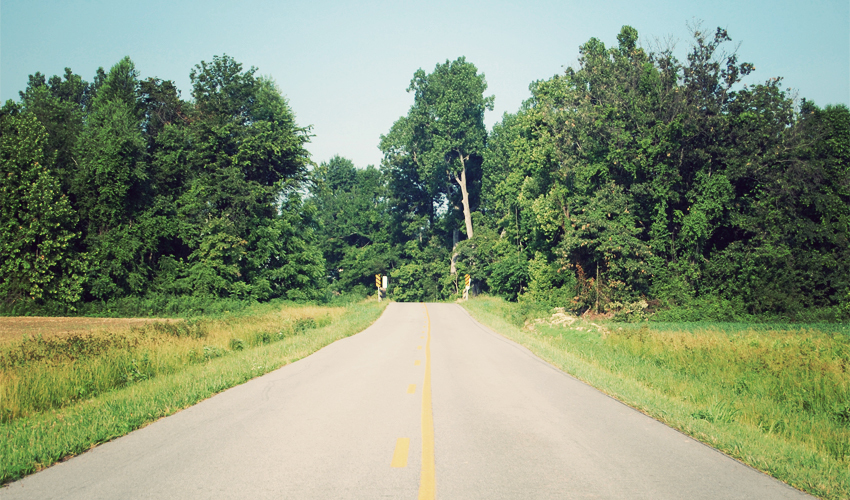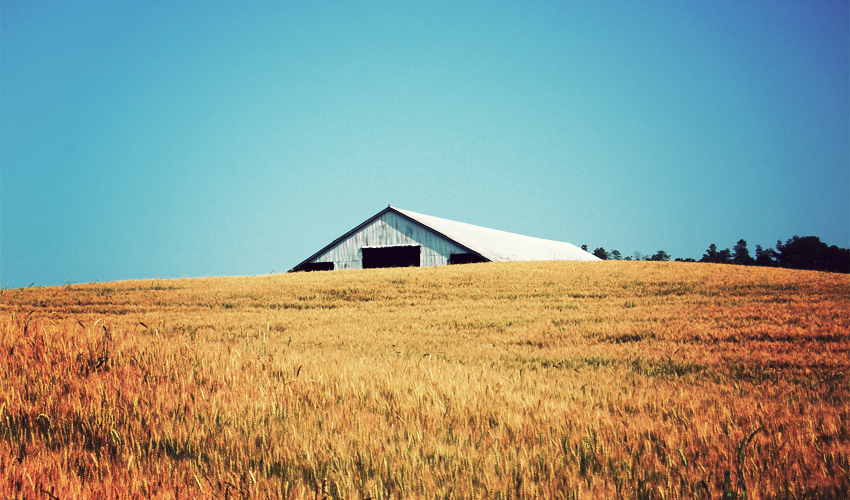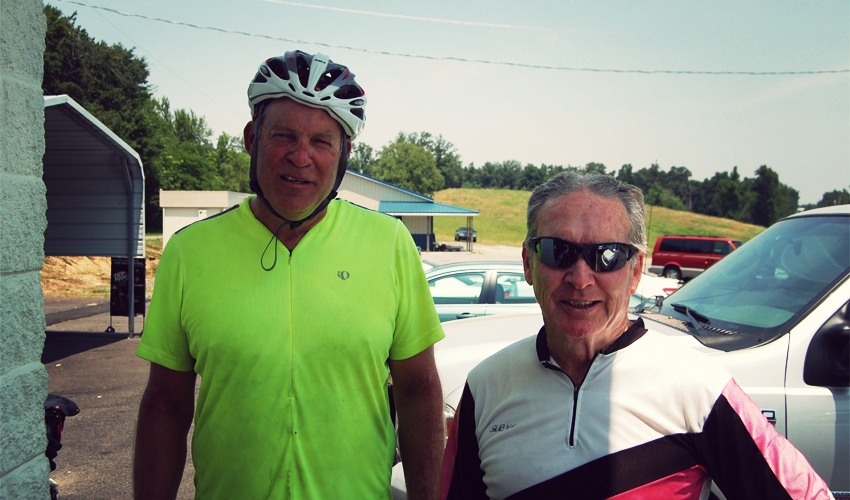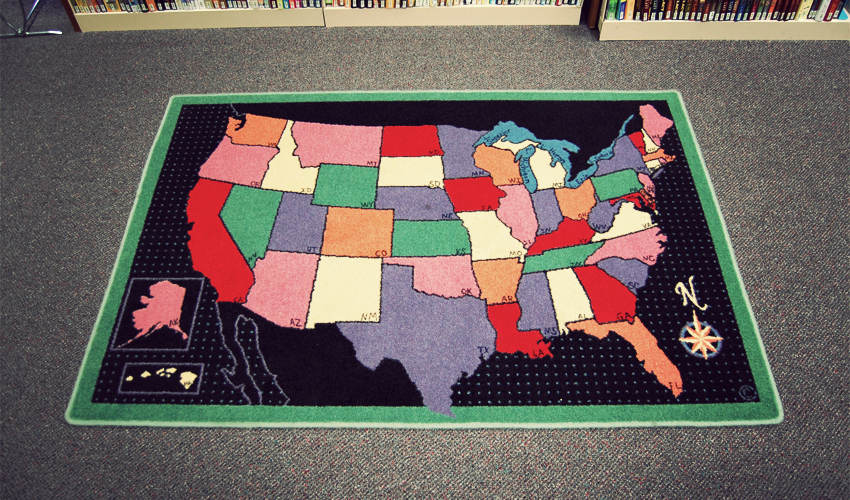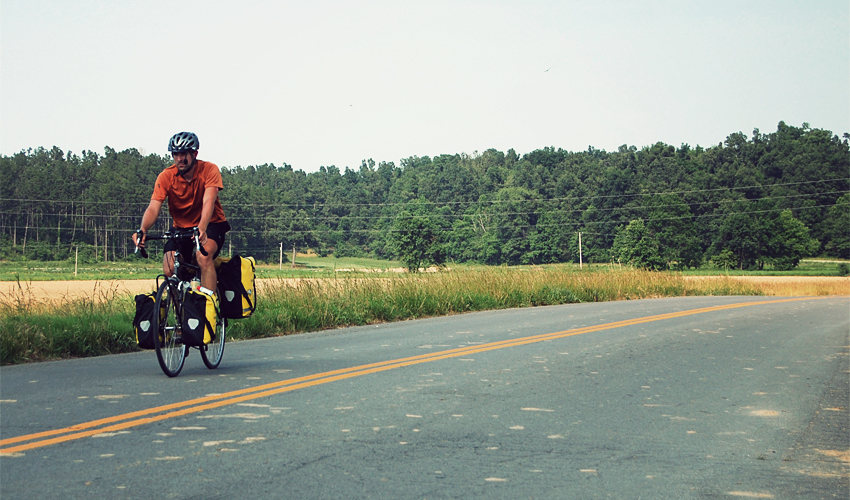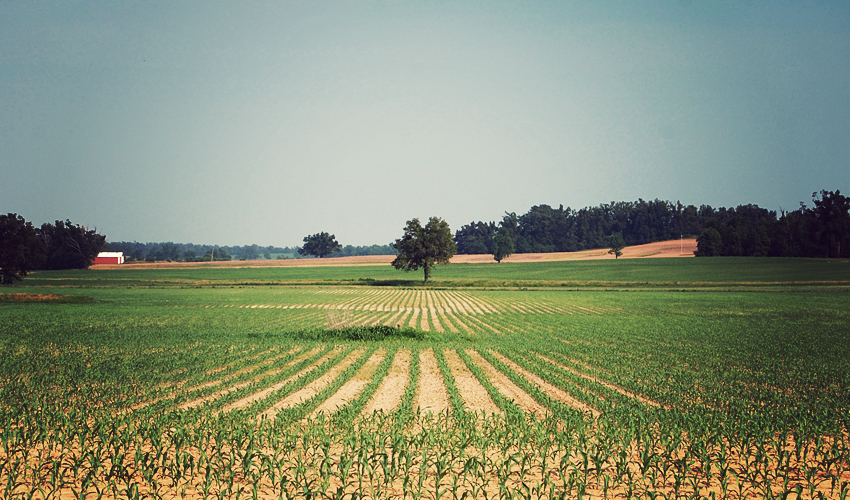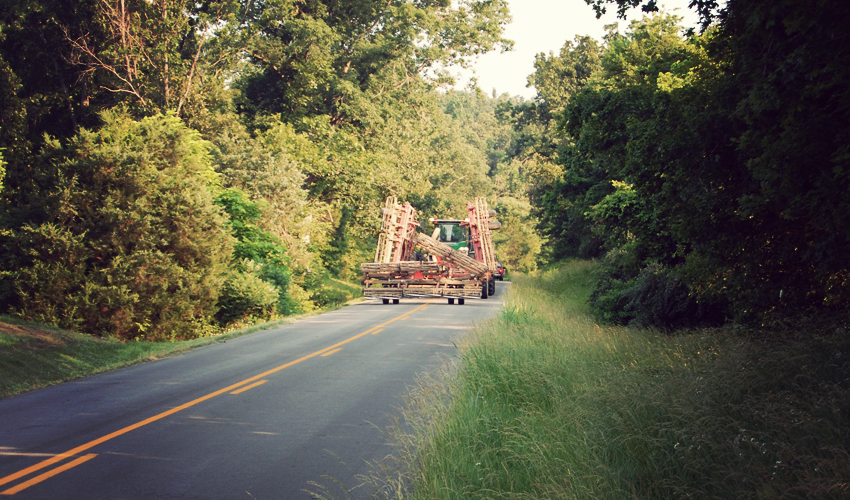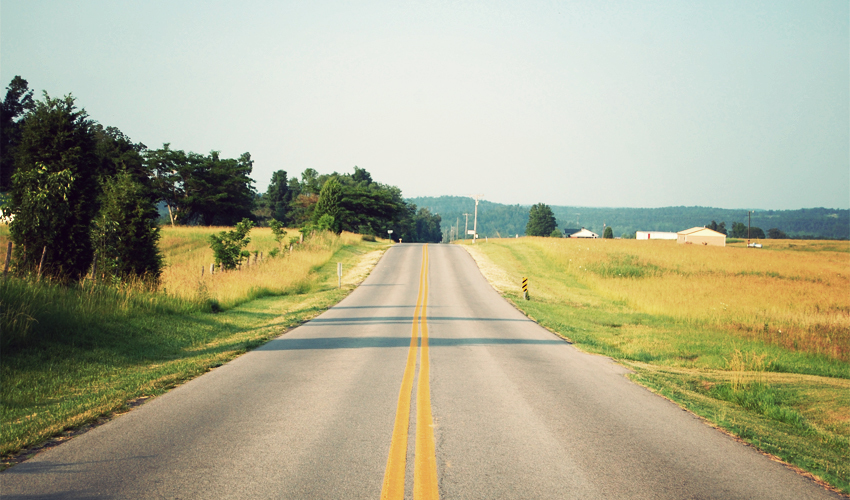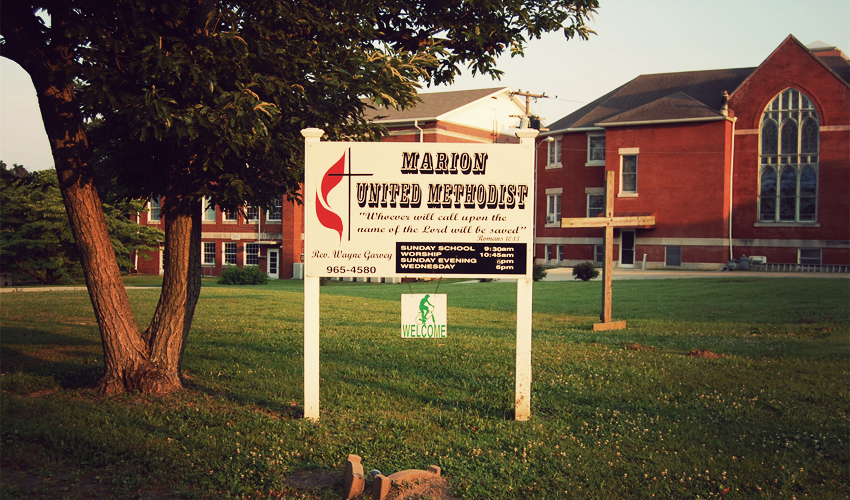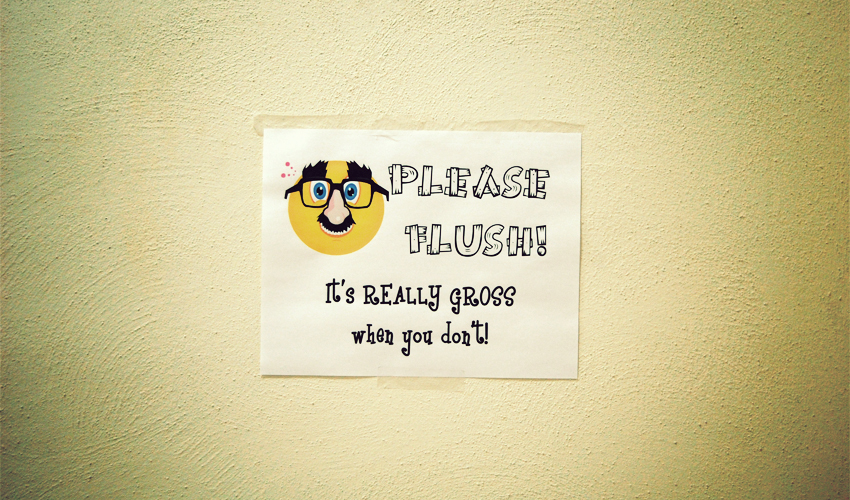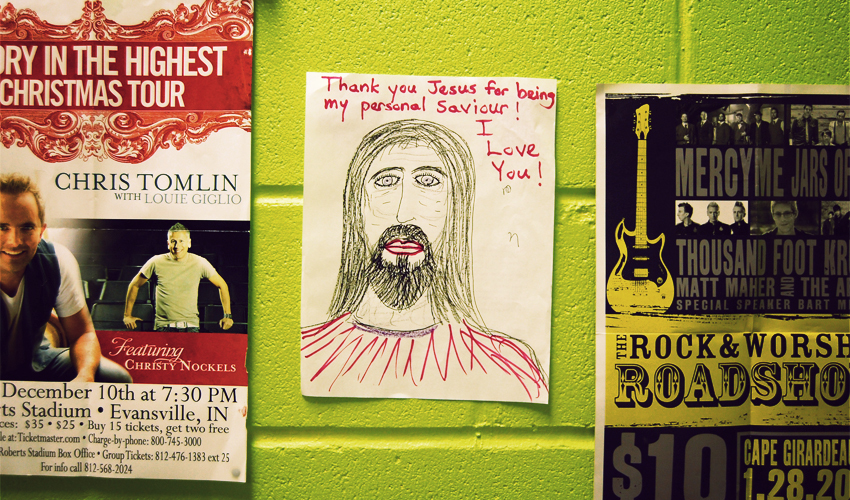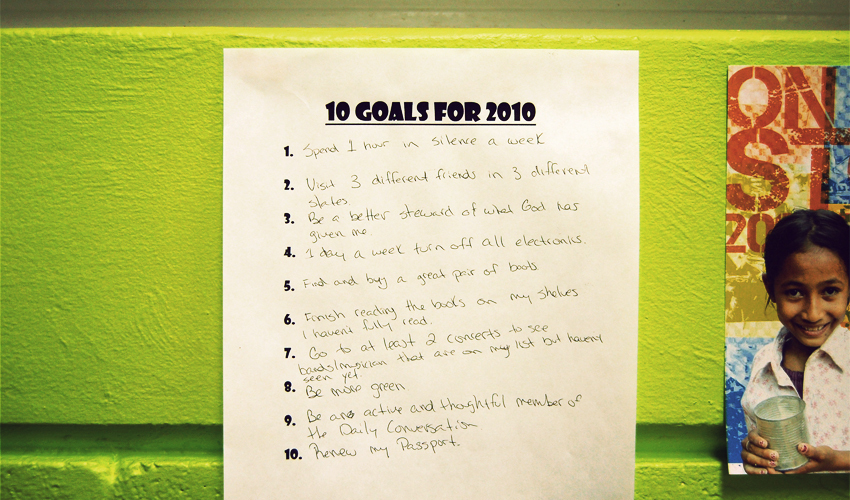June 6, 2011
Day 55: Utica, KY to Marion, KY
I say goodbye to Utica and hello to fields of wheat, crying crickets, chicken farms, old barns, and the last patches of fog that hang in the air between small stands of trees. I hear cicadas buzz for the first time since leaving Central Georgia. The road becomes mostly flat and offers the easiest riding since somewhere north of St. Augustine back in Florida. I enjoy the morning but feel the heat of the day building behind me and have trouble thinking about anything except the torrential bursts of sweat headed my way.
Ten miles out of town I see a bike loaded with four blue Ortlieb panniers headed my way. It's Liesbeth, who traveled from the Netherlands to Southern Kansas to attend the high school graduation of her niece, who spent a year in America as an exchange student. Liesbeth's bike is the most serious touring machine I've seen yet, with a steel frame, an internally geared Rohloff hub, 26-inch wheels, hydraulic brakes, and a collection of gear so light that her heaviest items are the bottles filled with water and Gatorade. It's a nearly indestructible setup and I eyeball the bike jealously.

| Heart | 1 | Comment | 0 | Link |
She tells me that in the weeks since starting she's passed nearly 30 westbound riders, a number that blows my mind. It makes me hope that I meet some more people along the way, hopefully in towns or parks or churches or campgrounds, where we can have actual conversations and I can pick their brains about why they're out here, what they love about touring, what they hate, who they're missing at home, and what they've learned along the way. It's hard to make that happen in a ten-minute meeting along the side of the road with trucks and tractors roaring past and the sun beating down on my head as a constant reminder of the heat that's coming.
With mostly flat roads, small rolling hills, and a light tailwind I fly through the 26-mile stretch between Utica and Sebree. My head almost explodes when I stop in front of a convenience store, look down at the bike computer, and see that I averaged 13 miles per hour. I walk inside the store to find it empty of customers but staffed by three women. Each one is dangerously overweight, to the point where they struggle to walk normally and have trouble sitting down or standing back up. Across from the table where I eat a flavorless chicken biscuit sandwich stand dozens of 12-packs of soda, all on sale for the price of $6 for two. Two-liter bottles of generic cola sit on the adjacent shelf for just 99 cents. Almost half the store's space is filled with sugared drinks of some kind.
Poor health isn't a problem to be solved in rural Kentucky—it just is. Back in Caneyville, Gary told me about the prevalence of cancer, heart disease, and cases of diabetes, some so advanced that people need limbs removed. Shortly after he and Beth move to the state five years ago, Gary had an aneurysm, which he survived and recovered from. When he tells people around here what happened, they're shocked—not because his condition is so uncommon, but because they've never known anyone who survived it. With bad eating habits, limited access to nutritious food, only basic medical facilities, and not enough money to afford expensive care, living in rural Kentucky turns out to be a serious health hazard.
With easy riding and mostly unchanging scenery spread out in front of me, my mind wanders. I think about my career and what I'll do after the trip is over, and also how far behind I am on the journal—both things I usually try very hard to push away whenever they crowd their way into my head. I sing Belle and Sebastian songs. I think about how the earlier albums by Eels are so much better than their recent stuff, and how disappointing that is. A hawk passes overhead, although I don't actually see him, only his shadow as it passes from one side of the road to the other. Electric fences snap and pop on both sides of me and I reel from the smell of the skunk that wasn't quite fast enough to beat the oncoming dump truck earlier in the week. Heat pounds me whenever I stop, so I keep moving.
I eat at a 50s-themed restaurant. It's attached to a gas station. By now I should know better. The waitress talks on her cell phone as she takes my order, and like an idiot I speak quietly, as if I'm interrupting and inconveniencing her. My food comes out in just three minutes, which seems fast but makes sense after I take the first nasty bite. Flies land on me the entire time I eat. In the end it's worth it, because when I walk out front I see two older guys on touring bikes pull up. John and John are headed east after starting in Santa Cruz, California in April. I ask them for tips on good places to stay out west. They can't name anything, which they're quick to smile at and admit has everything to do with their advanced age and awful memories. Someone had to say it.
A map printed on a mat sits on the library floor in front of me. I look at the colorful states, and for the first time in more than a month I realize that I still have an incredibly long way to go before I reach the Pacific Ocean. Then I think about how it's probably going to be hot or at least mildly uncomfortable almost every mile of the way. I close my eyes, let the breeze from the air conditioner wash over me, try to process all of the riding still to come, and listen to the librarian sort out a tense situation involving an eight-year-old boy and the book "Cloudy with a Chance of Meatballs."
The library closes at 4:00 and forces me back out into the pressure cooker. Every patch of trees echoes with the sound of cicadas. They drive me to distraction and define the evening's ride with their high-pitched howling and screeching. It's nature's symphony and it comes in waves, floating along at an even pitch before rising to a wailing crescendo that lasts less than ten seconds and then falls steadily back to an even hum. At their loudest moments, the cicadas scream together with such force that the songs of birds and the rush of passing cars drown out completely.
Heat and humidity come together in a wave that washes over me every time I stop, even in the shade. Sweat pours from my forehead, my arms glisten, and drops run down my legs and tickle the short hairs before collecting in the cuff of the socks at the middle of each ankle. The flats of the morning and afternoon give way to hills. They're small enough that they don't crush my soul, but big enough that they make me regret not eating more earlier. As the miles pass, the water level in my two bottles goes down, down, down, and then dry heaves to empty with one last squeeze. I hardly drink alcohol, but on the hot stretch between Clay and Marion I want nothing more than an ice-cold beer. It consumes my thoughts. I picture coolers and ice chests. I think about the fridge full of Yuengling back at Beth and Gary's in Caneyville. I peek up ahead around every corner, hoping for a convenience store even though I know there won't be one. Then it dawns on my that I'm probably in a dry county; they all seem to be around here. My mind reluctantly turns to fantasies involving bottled water or Mountain Dew.
I can't pull off the road quick enough when I spot the beautiful, shiny, bright red Coca-Cola vending machine sitting near the door of a closed farm supply store. I do the responsible thing and try to buy water, but there isn't any left, so I press the Mello Yello button instead. The machine clanks and clunks a few times, but eventually grabs a bottle and drops it down the chute. I react like the star of a TV commercial, twisting open the top, bringing it up to my mouth, and pulling in a huge gulp of sweet, sugary, syrupy goodness before letting out a vaguely sexual sounding grunt of satisfaction.
The phone number for the Marion United Methodist Church goes to the home of its Minister, Wayne Garvey, whose stir-fry dinner my call interrupts. His white sedan pulls up a few minutes later and he guides me through two of the three levels of the church building. A Cub Scout meeting takes place on the second floor. He knows every scout's name and pats each one on the shoulder when they pass in the hall. He greets the adults with a hello and a warm smile. We only spend 15 minutes together as he shows me the neon-green youth room where I'll be sleeping, but it's clear that he's a man beloved by his community. In my mind I name him the most kind-hearted man in America.
I spend most of the evening standing in front of the church in the still, thick darkness, waiting for a pizza delivery that never comes. The clock pushes past midnight by the time I flick the light switch and stretch out on a plaid-patterned couch, tired and hungry and intimidated by the thought of another day under the hot Middle America sun.
Today's ride: 72 miles (116 km)
Total: 2,812 miles (4,525 km)
| Rate this entry's writing | Heart | 3 |
| Comment on this entry | Comment | 0 |
